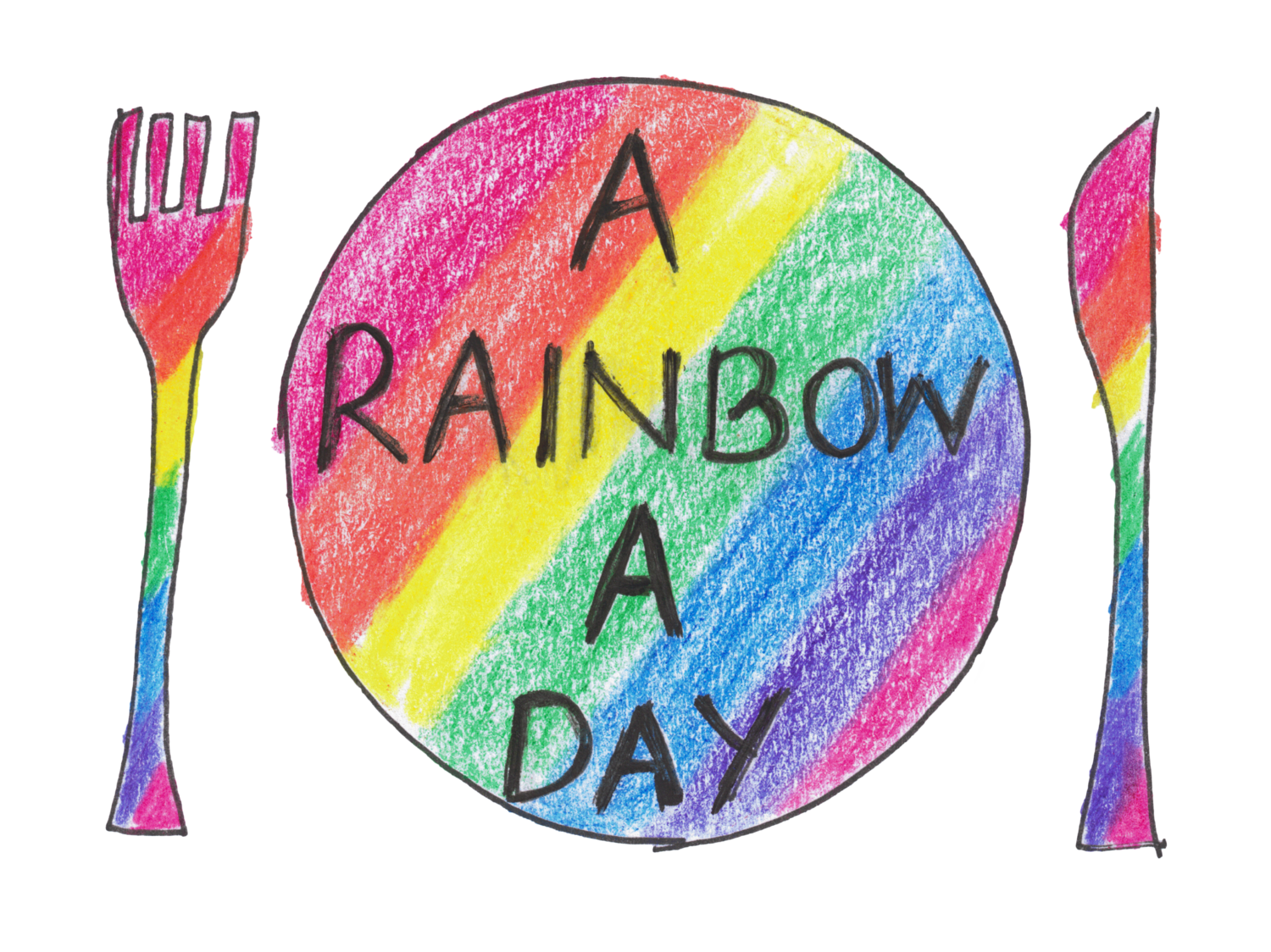the anticancer diet
We all know that when it comes to eating one of the biggest ways to reduce your risk of cancer is to reduce your sugar intake. But have you ever thought about what foods you can eat to decrease your risks? My approach to healthy eating is to focus on what I CAN eat as opposed to what I have to eliminate or decrease.
Here is a list of recommended foods to eat that have anticancer properties. This list was created by David Servan-Schreiber and the information is taken from his book AntiCancer A New Way Of Life.
*Please note that I am not a doctor and I am not not medically trained. Before making substantial changes to your diet, please consult with your doctor or nutritionist.
Green Tea
Rich in polyphenols, including catechins (EGCG) which reduce the growth of the new vessels needed for tumor growth and metastases. Japanese green tea is even richer in EGCG than the common varieties of Chinese green tea.
Turmeric
One of the most powerful natural anti-inflammatory identified today. It also helps stimulate apoptosis in cancer cells and inhibits angiogenesis. Note: To be assimilated into the body, turmeric must be mixed with black pepper.
Ginger
Powerful anti-inflammatory and antioxidant (more effective than Vitamin E).
Cruciferous vegetables (cabbage, bok choy, broccoli, cauliflower, Chinese cabbage)
These vegetables contain sulforaphane which are powerful anticancer molecules. They prevent precancerous cells from developing into malignant tumors. They also promote the suicide of cancer cells and block angiogenesis.
Garlic, onions, leeks, shallots, chives
These herbs and vegetables promote apoptosis (cell death) in colon, breast, lung and prostate cancer as well as in leukemia. They help regulate blood sugar levels which in turn reduces insulin secretion and the growth of cancer cells. Note: Best to crush garlic and then add oil to the garlic. Crushing the garlic releases active molecules and the oil helps with assimilation.
Tomatoes
Lycopene in tomatoes leads to longer survival from prostate cancer in men who consume tomato sauce in at least two meals a week. Note: Tomatoes must be cooked in order to release their lycopene and olive oil further improves assimilation.
Carotenoid Rich Foods (carrots, yams, sweet potatoes, squash, pumpkin, tomatoes, apricots, beets and all brightly colored fruits and vegetables)
These vegetables contain Vitamin A and lycopene which have the proven capacity to inhibit the growth of cell of several cancer lines.
Soy
Soy contains isoflavones which block the stimulation of cancer by sex hormones and they intervene by blocking angiogenesis. Note: Recommendation is to consume fresh or fermented soy products and not processed soy products (such as soy fake meat, protein powders, soy bars).
Mushrooms (shitake, maitake, enokidake, cremini, portobello, oyster)
These mushrooms contain polysaccharides and lentinian which stimulate the reproduction and activity of immune cells.
Herbs and spices (rosemary, thyme, oregano, basil and mint)
These herbs promote apoptosis in cancer cells and reduce their spread by blocking the enzymes they need to invade neighboring tissues.
Berries (strawberries, raspberries, blueberries, blackberries, cranberries)
Berries contain ellagic acid and a large number of polyphenols. They stimulate the mechanisms of elimination of carcinogenic substances and inhibit angiogenesis.
Pomegranate juice
This juice has anti-inflammatory and antioxidant properties.
Red Wine
To everyone’s delight, red wine contains polyphenols including the celebrated resveratrol. Resveratrol can slow the three stages of cancer development.
Dark Chocolate
Dark chocolate (more than 70% cocoa) contains a number of antioxidants and many polyphenols. 1 square of chocolate contains as many as a glass of red wine and almost as many as a cup of green tea. Polyphenols slow the growth of cancer cells and limit angiogenesis. Consumption of 20 grams a day represents an acceptable number of calories. Note: Mixing dairy products with chocolate cancels the beneficial effects of the molecules of cocoa so avoid milk chocolate.
Notes on scientific processes
Apoptosis: This term refers to the death of cells. Cancer is one of the scenarios where too little apoptosis occurs, resulting in malignant cells that will not die. So to help stop the spread of cancer, you could benefit from eating foods that promote apoptosis in cancer cells.
Angiogenesis: This term refers to the formation of new blood vessels. Generally, the body forms new blood vessels only when needed. Solid cancerous tumors need a blood supply to grow beyond a few millimeters. Tumors can give off chemical signals that stimulate angiogenesis thereby feeding the tumor. So to avoid feeding cancerous cells, you could benefit from eating foods that block angiogenesis. For more information, check out this article.
Anti-inflammatory: Chronic inflammation is considered a primary risk for cancer. So ideally you want to eat foods that are anti-inflammatory. For more information, check out this article.
Antioxidant: Antioxidants are chemicals that interact with and neutralize free radicals, thus preventing them from causing damage. Antioxidants are also known as ‘free radical scavengers’. For more information check out this article.
Reference Books
Servan-Schreiber, David, 2009, Anti Cancer A New Way of Life, Penguin Group
Li, William, MD, 2019, Eat to Beat Disease, Hachette Publishing Group Inc.
Khayat, David, MD, 2015, The Anti Cancer Diet, W. W. Norton & Company

